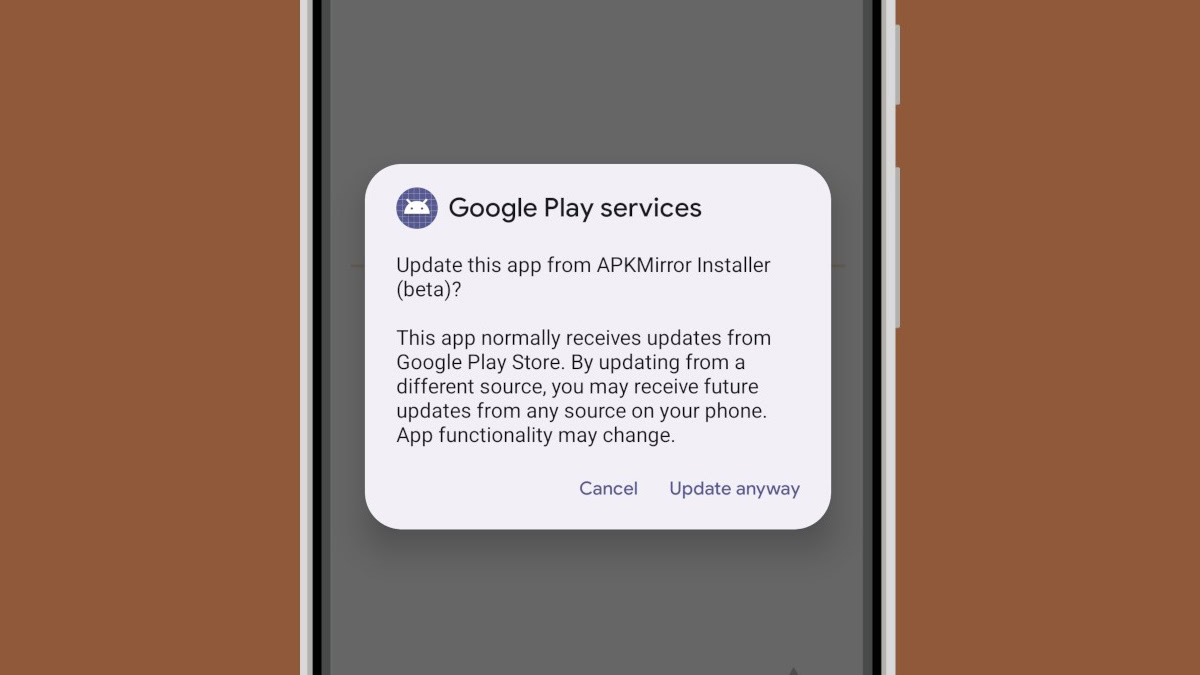Affiliate links on Android Authority may earn us a commission. Learn more.
Get ready to welcome iPhone users to the joys of sideloading in 2024
Published onNovember 13, 2023
- A reliable leaker says iPhone sideloading will come to the EU in the first half of 2024.
- So far, all signs point to this being only available in the EU, at least at first.
- Apple is making this change because of new competition regulations in the territory.
This year, Apple finally dropped its proprietary port known as Lightning and brought USB-C to the iPhone 15 series. Apple didn’t say as much during the launch event for those phones, but it needed to make this change due to new environmental regulations passed by the EU.
Truth be told, using USB-C as the standard for all electronic devices was just one of the EU’s recent regulations. Another is the Digital Markets Act (DMA). This law identifies certain companies as “gatekeepers,” of which Apple and Google are some examples. These gatekeepers need to open up their services to other companies’ services to prevent stifling competitors from establishing themselves in the market. This means that, eventually, Apple is going to need to allow iPhone sideloading, or the installation of apps from outside the Apple App Store.
Now, according to reliable leaker Mark Gurman (via MacRumors), we are relatively certain iPhones in the EU will have the ability to sideload apps in the first half of 2024.
Originally, the rumor mill said this could happen sooner, with the expected release of iOS 17.2 in the next month. However, it now appears this was a misinterpretation of code.
To be clear, the DMA is an EU-only law. This means Apple is under no obligation to follow DMA rules in any other territory, including the United States. It is possible Apple will geo-lock iPhone sideloading to EU areas. Because Apple has such tight control over the iPhone ecosystem, it could feasibly enforce such a policy. We’ll need to wait and see how this goes.
iPhone sideloading: Why is this a big deal?
Android sideloading has been a thing since Day One. Because Android is an open-source operating system, Google and all Android OEM partners must allow users to install any apps they like from any source they choose.
Android does try to dissuade you from doing this for safety reasons. An app found on the Play Store has gone through multiple checks to make sure it is safe for you to use, while one found on the web or in a loosely regulated third-party app store might not be as safe. Once you click through a bunch of warnings, though, you can sideload whatever you want.
When iPhones get this ability, it will almost certainly make the phones less secure. Apple strictly regulates the App Store to prevent certain types of apps from appearing there, but with iPhone sideloading, the apps Apple rejects will no longer be off-limits. This could create problems general iPhone users have never faced before.
Also, from a business perspective, this will allow developers to circumvent Apple’s fees for hosting games and other apps on the App Store, which can be as high as 30% of all revenue. A game like Fortnite, for example, lost millions of dollars each year to Apple just for the privilege of being on the App Store. This is why Fortnite left the App Store (and the Play Store).
Currently, to play Fortnite on an iPhone, you need to use a cloud gaming service, such as Xbox Cloud Gaming. With sideloading possible, though, Epic Games could make Fortnite as easy to play on an iPhone as it is on Android — and keep 100% of the revenue.
It’s unclear how significant these changes will be in the long term. However, with Epic Games, Spotify, and other companies suing Apple and Google over their exorbitant fees for being on their respective app stores, it’s likely we’ll see a mass exodus of companies from the App Store to a sideloading model. Time will tell!
